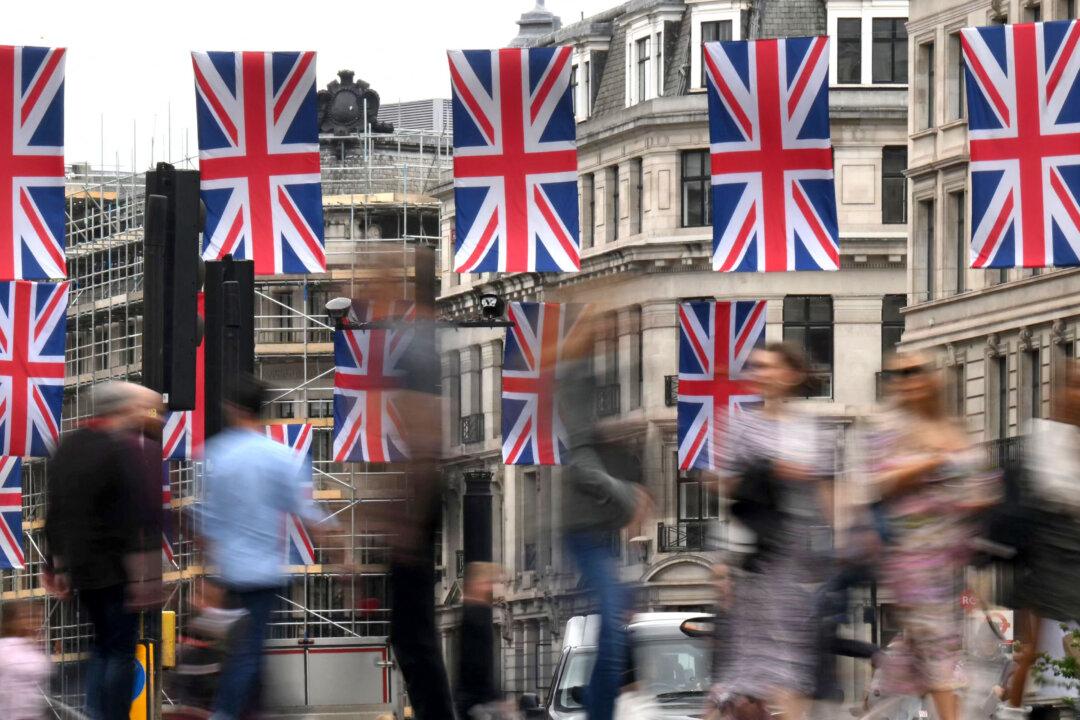Commentary
Seven years ago, on June 23, 2016, the British people voted to leave the European Union. That departure didn’t happen until early 2020, and even now, Britain isn’t completely out.

Seven years ago, on June 23, 2016, the British people voted to leave the European Union. That departure didn’t happen until early 2020, and even now, Britain isn’t completely out.